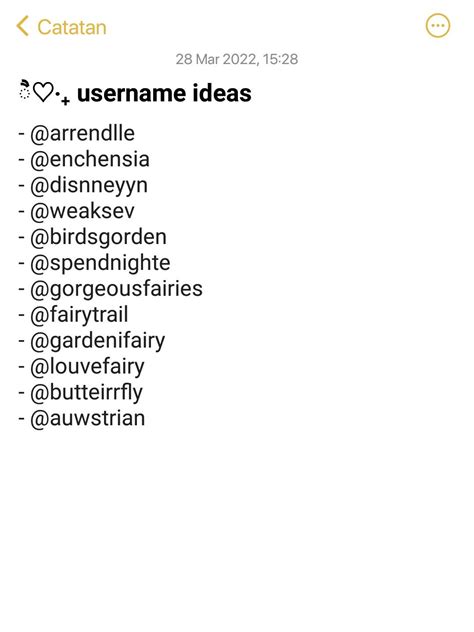Endorse Me on LinkedIn Example
In today’s professional landscape, endorsements and recommendations on platforms like LinkedIn have become a cornerstone of career development and networking. An endorsement from a respected colleague, manager, or industry peer can significantly enhance one’s credibility and visibility, potentially opening up new opportunities for collaboration, employment, or business growth. This article explores the concept of seeking endorsements on LinkedIn, focusing on how to request them effectively and the elements that make an endorsement valuable and impactful.
Understanding LinkedIn Endorsements
Before diving into how to ask for endorsements, it’s essential to understand what they are and why they matter. LinkedIn endorsements are a way for others to recognize your skills and expertise. They can be given or received and are visible on your LinkedIn profile for others to see. Unlike recommendations, which are more detailed and narrative, endorsements are quicker and more straightforward, allowing other users to endorse your skills with just a click.
Why Seek Endorsements?
Seeking endorsements is a proactive step in managing your professional online presence. Here are a few reasons why endorsements are beneficial:
- Enhance Credibility: Endorsements from others, especially those who are respected in your industry, can boost your professional credibility. They serve as a form of social proof, indicating to others that you possess certain skills or qualities.
- Increase Visibility: A profile with a good number of relevant endorsements is more likely to appear in search results, both within and outside of LinkedIn. This increased visibility can lead to more connections, opportunities, and recognition.
- Career Opportunities: For those looking to advance their careers, endorsements can be a deciding factor. They demonstrate to potential employers that you not only claim to have certain skills but that others validate these claims.
How to Ask for Endorsements
Requesting endorsements can feel awkward, but it’s a common practice. Here are some tips on how to ask effectively:
Prepare Your Profile: Before asking for endorsements, ensure your LinkedIn profile is up-to-date and reflects your current skills and experiences. This makes it easier for others to see what you’re skilled at and endorse you accordingly.
Identify the Right People: Focus on requesting endorsements from people who can genuinely speak to your skills. This could be current or former colleagues, managers, clients, or collaborators.
Personalize Your Request: Always personalize your endorsement requests. Explain why you’re asking this person specifically and what skills you’d like them to endorse. This shows you value their opinion and helps guide their endorsement.
Be Ready to Reciprocate: Endorsements are often reciprocal. Be prepared to endorse the skills of the person you’re asking, if appropriate. This maintains a positive and mutually beneficial professional relationship.
Follow Up Politely: If you don’t receive a response, it’s okay to send a polite follow-up message. Keep in mind that people are busy, and your request might have slipped their mind.
Crafting the Perfect Endorsement Request
The key to a successful endorsement request lies in its clarity, politeness, and personalization. Here’s an example of how you might ask someone for an endorsement:
“Hi [First Name], I hope this message finds you well. As someone who has had the pleasure of working with you on [Project/Initiative], I greatly value your opinion and our professional relationship. I’m currently looking to expand my professional network and further establish my presence on LinkedIn. Given your firsthand experience with my skills in [Specific Skill], I would be honored if you would consider endorsing me for this skill on LinkedIn. Your endorsement would carry significant weight, and I appreciate your time and consideration. If there’s anything I can do to return the favor or support you in any way, please don’t hesitate to ask.”
Elements of a Valuable Endorsement
Not all endorsements are created equal. What makes an endorsement truly valuable?
- Relevance: The endorsement should be for skills that are relevant to your professional brand and goals.
- Specificity: Endorsements that mention specific instances or projects where the skill was demonstrated are more impactful than generic endorsements.
- authority: Endorsements from people who are respected in your industry or have a history of working with you carry more weight.
Conclusion
Seeking endorsements on LinkedIn is a strategic move in today’s digital professional landscape. By understanding the benefits of endorsements, preparing your profile, identifying the right people to ask, and crafting personalized requests, you can leverage endorsements to enhance your professional reputation and open up new opportunities. Remember, the process should be reciprocal and respectful, aiming to build and strengthen professional relationships rather than merely accumulating endorsements.
